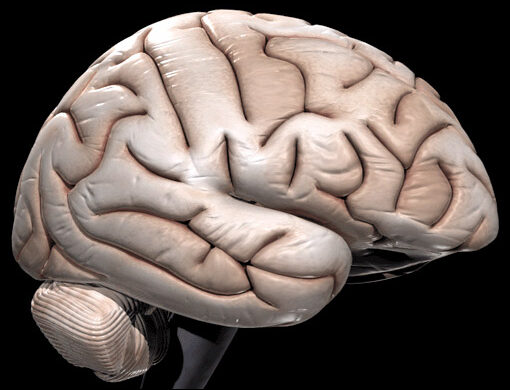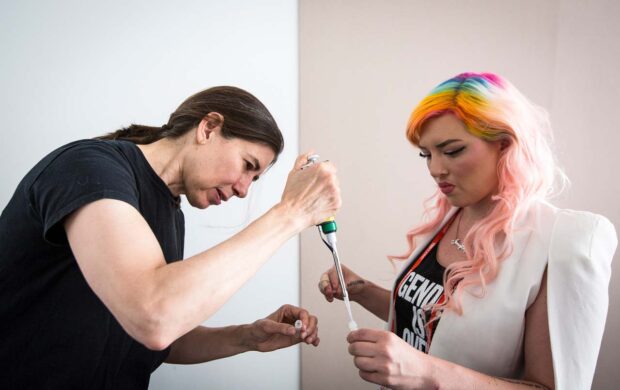It has been possible for well over a decade to design a DNA sequence, insert it into a living cell and change that cell’s behaviour. But this has been confined to the long and painstaking work of expert genetic engineers. Now scientists at MIT are making it possible to do this much more quickly and without the need for detailed knowledge of how genetic engineering works.

This is how it works: the scientist uses the new programming language to describe the cell’s desired stimulus and response. This is then translated by the programme into a DNA sequence, which can then be embedded in a living cell. The approach has worked so far with simple bacteria like E Coli, and the next stage is to programme other types of bacteria where there may be widespread applications. One idea is to programme gut bacteria to digest lactose when the bacteria sense it has been consumed; another is to programme bacteria to search out, grow among and attack cancer cells. And another is to instruct bacteria that grow among plant roots to release insecticide, but only if the plant is attacked by insect pests – making pest control much more precise and less environmentally damaging.













